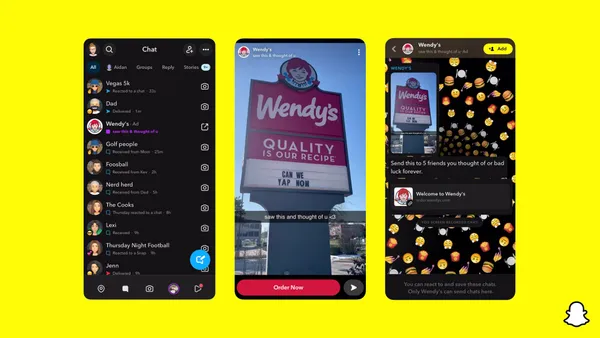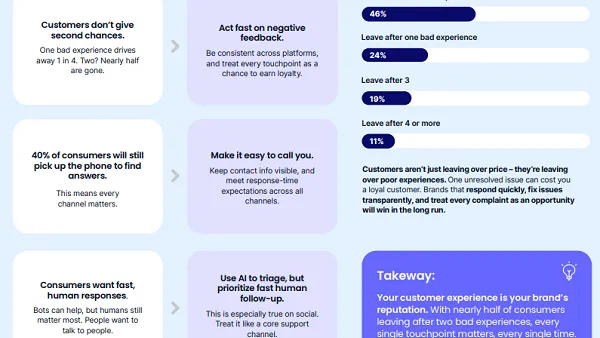Brief:
- Apple's planned takeover of music-identification app Shazam faces an extended European Union investigation after antitrust regulators voiced concerns that the tech giant could use the app to lure and convert customers to its own music service, according to a press release by the European Commission. The EU set a Sept. 4 deadline to probe whether Apple would get access to commercially sensitive information about users of rival music-streaming services if the acquisition were to go through.
- The EU also will look at how Apple Music's competitors like Pandora, Spotify or Tidal may be harmed if Apple stopped Shazam from referring customers to their platforms. Shazam uses a smartphone's microphone to listen to a song playing nearby and identify it, then refers users to a service for further listening, such as Apple Music.
- In 2014, the EU approved Apple's $3 billion acquisition of Beats, which formed the foundation of what is now Apple Music. At that time, the combined market share of Apple and Beats was low, but now Apple Music is the second-biggest music streaming service in Europe, while Shazam is the leading music-identification app, per the release.
Insight:
Adding Shazam to Apple's arsenal seems like a good fit, despite the fact that the tech giant's Siri assistant has a similar music ID feature. But its growing strength in music streaming worries European antitrust agencies that are also paying close attention to how major players like Apple use consumer data. If the deal were to fall through, Apple could look for another way to boost its streaming service in order to remain competitive.
The news comes as the EU prepares for its upcoming General Data Protection Regulation, which takes effect on May 25, to safeguard European citizens' private data online. The European Commission appears concerned that Apple's acquisition of Shazam could go against GDPR efforts to protect user data, while also threatening healthy competition in the music streaming space. This isn't the first time the EU has investigated tech giants regarding their use of users' data. Last year, the EU fined Facebook $122 million for failing to disclose during a 2014 merger review that it could combine its user data with data from messaging app WhatsApp. At that time, a European consumer group said competition authorities needed to look more closely at the possible harm a merger of data-heavy companies could cause. EU Competition Commissioner Margrethe Vestager has a history of blocking mergers and obtaining major concessions from others to address antitrust concerns, per Bloomberg.
Since Apple's launch of the iPod in 2001 spelled doom for music retailers, the company has maintained a strong presence in music distribution as more consumers sign up for music streaming platforms. Apple Music revenue is forecast to grow 40% annually for the next three years, per an analysis by Macquarie Capital, making it a key area of growth for the tech giant's services business. Apple Music has grown to 40 million paid subscribers this month from 30 million in September, while rival Spotify has 71 million paying users.














